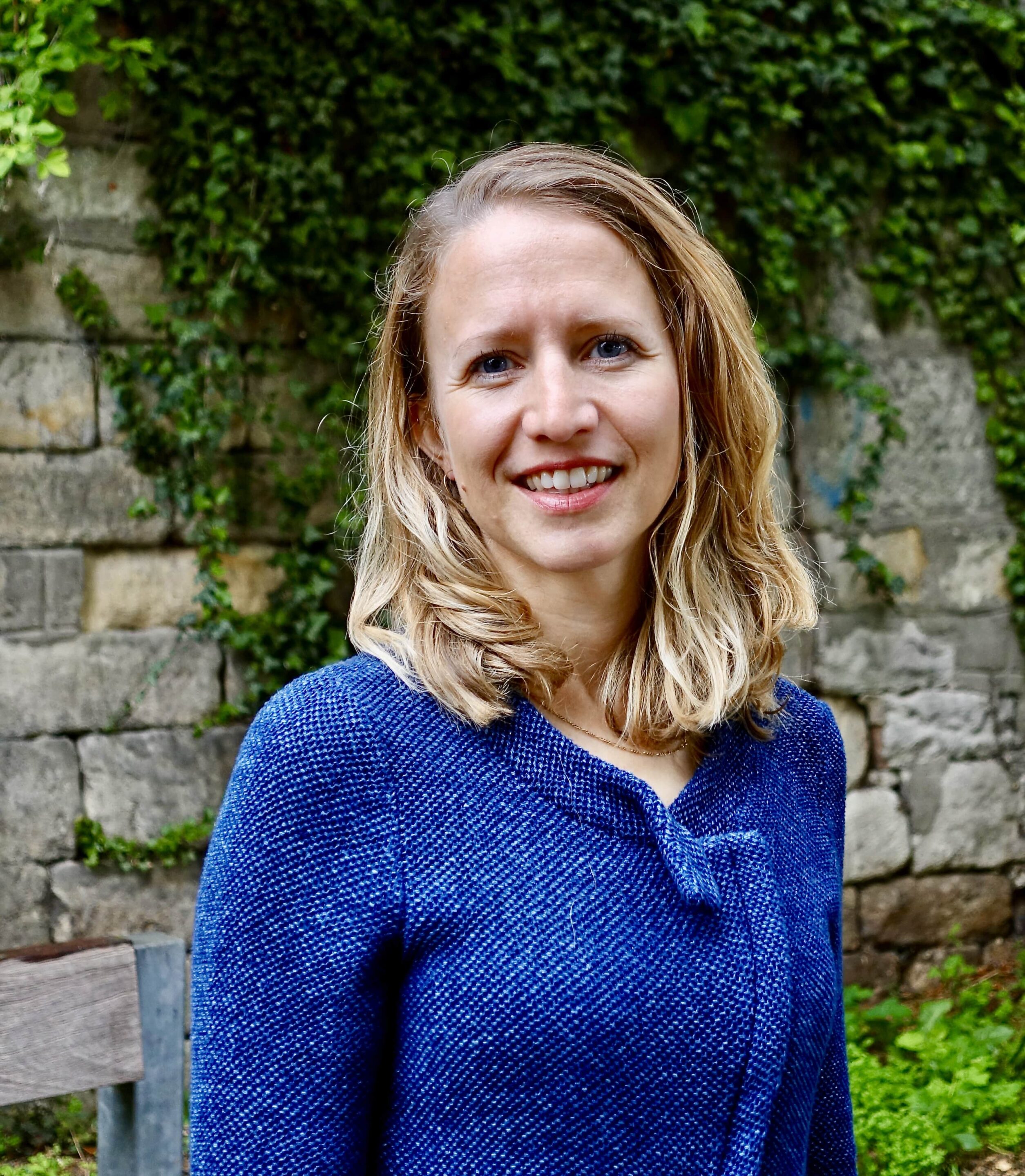Learning to Learn – Empowering Children to Guide Their Learning
Janina Eberhart
About the research
Award
NAEd/Spencer Postdoctoral Fellowship
Award Year
2024
Institution
University of Tübingen
Primary Discipline
Educational Psychology
Metacognition is a higher-order cognitive skill that enables children to become agents of their own learning. Metacognitive learners consider task demands, monitor their progress, reflect on their chosen strategies, and adapt them if necessary. Becoming a metacognitive learner is not always intuitive, and evidence shows that metacognition can be learned. Teaching these skills at an early age is beneficial and will likely pay off later when learning independently is required such as at secondary school, university, or in employment.
Meta-analyses have shown that metacognition interventions are effective for young learners. Still, many teachers do not promote metacognition in the classroom. One possible reason may be that available interventions typically are multicomponent approaches that include a variety of activities and instructional elements making them time intense and complicated to implement. Given the current challenges facing the teaching profession such as high turn-over and time constraints, simple, easy-to-implement, metacognition interventions that do not require lengthy training are needed. One approach to develop such an evidence-based metacognition intervention is by implementing a common elements approach. In this approach, common elements of effective metacognition interventions are identified and combined to metacognition kernels. The goal of the current project is to develop inexpensive, easy-to-implement metacognition kernels and to test their feasibility in elementary school classrooms. This project aims to provide guidance for teachers regarding how to enhance metacognition while acknowledging their expertise as they choose the intervention components that fit their classroom’s needs.
About Janina Eberhart

Janina Eberhart is a postdoctoral researcher at the Hector Research Institute of Education Sciences and Psychology at the University of Tübingen in Germany. Her research interests lie at the intersection of psychology and education, which is also reflected in her education and training. She holds a bachelor’s degree in Psychology from the Leopold-Franzens University of Innsbruck and a master’s degree in Psychology: Learning Sciences from the Ludwig-Maximilians-University of Munich. She completed her doctoral training at the Faculty of Education at the Centre for Research on Play in Education, Development, and Learning (PEDAL) at the University of Cambridge. For her postdoctoral training she has been part of the Departments of Psychology as well as the Educational Sciences.
Her research concerns the development of children’s self-regulation, executive functions, and metacognition in educational contexts. She is particularly interested in classroom-based interventions and activities that promote these skills. In her Ph.D. study she explored the association between child-led activities and children’s executive function development in preschool children. More recently she has been part of a project of the PEDAL lab and the Early Intervention Foundation that identified comprehensive strategies and activities that can be integrated into everyday practice with a methodological approach called common elements. She has also worked on the cognitive underpinnings of the construct metacognition and conducted a meta-analysis on the effectiveness of metacognition interventions in young children. In the project that she will complete as an NAEd/Spencer Postdoctoral fellow, she aims to apply the common elements approach to metacognition interventions.
